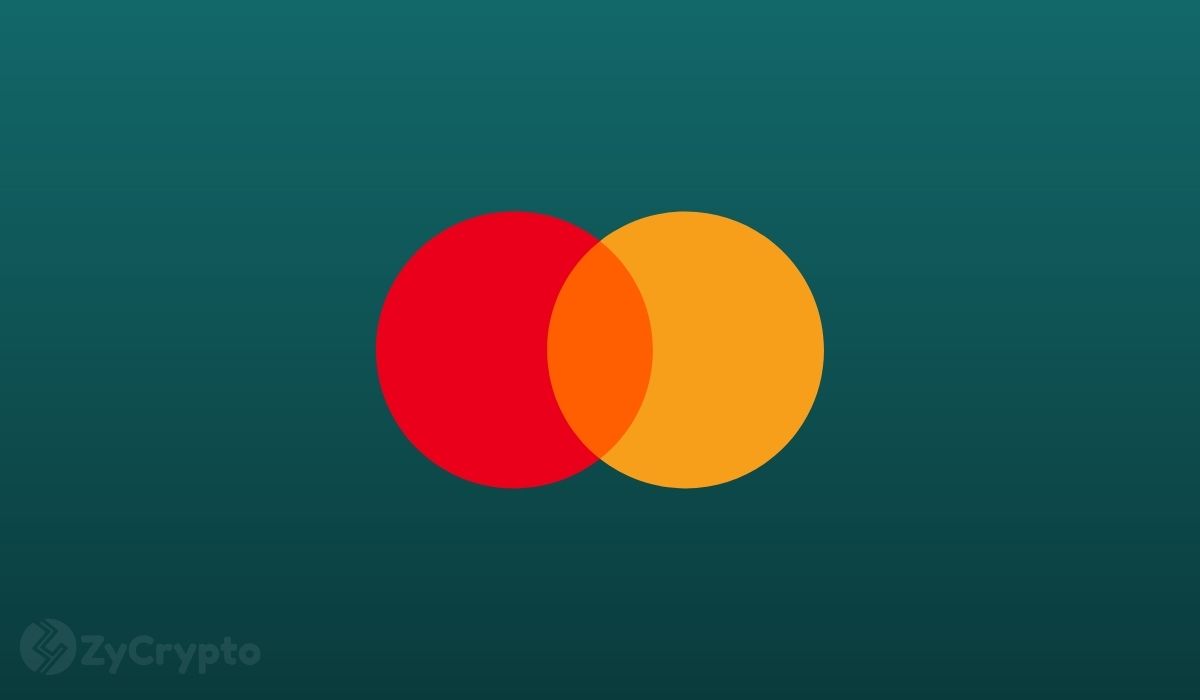Mastercard has just made a very interesting announcement, including Ripple, Fireblocks, Consensys, and four others in a new CBDC Partner Program. The program aims to “bring a greater understanding of the benefits and limitations of CBDCs and how to implement them in a way that is safe, seamless, and useful,” according to Mastercard.
While not detailing what the goals of the group exactly are beyond these commonly used buzzwords, the importance of CBDC research seems clear. According to the Bank of International Settlement (BIS), many central banks worldwide are working on central bank digital currencies (CBDC) and more than half are as advanced as working on a pilot program. With retail CBDC development being more advanced, the BIS suggests that by 2030 there could be up to 15 retail CBDCs and 9 wholesale CBDCs in circulation.
Ripple’s Foundation Building
It appears Ripple is joining the group for its efforts in working with Palau on its Dollar-backed stablecoin and CBDC developments in Montenegro, Bhutan, Colombia, and Hong Kong. Ripple recently launched its CBDC platform, positioning itself at the forefront of digital currency innovation and solutions for central banks’ digital currency initiatives. The platform utilizes technology based on the XRP Ledger, the underlying distributed ledger technology network the cryptocurrency XRP uses.
It aims to provide a stable, secure, resilient network while maintaining sustainability and interoperability. “With Ripple’s groundbreaking technology, we can experiment with CBDCs within our existing payments infrastructure while ensuring efficient and cost-effective cross-border transfers,” said Yangchen Tshogyel, deputy governor of the Royal Monetary Authority of Bhutan.
Software company Consensys, multi-CBDC, asset technology provider Fluency, and digital asset platform Fireblocks have worked to various degrees on CBDC projects. At the same time, German Giesecke+Devrient has a 170-year history in public currency management and currently focuses on safeguarding physical and digital assets. G+D Filia, their CBDC solution, enables safe offline payments, which is critical for wider CBDC adoption and accessibility during connection or power outages. Filia accepts online and offline payments using a ‘variety of wallets and IoT devices’.
Privacy Concerns Remain
While the technology continues to evolve, privacy concerns are a top priority. Jerome Ajdenbaum from identity and payments company Idemia said, “Privacy is extremely important to users. It’s really the No. 1 topic,” adding that it is important to actually protect people’s privacy and live up to that promise.
Idemia has teamed up with the Bank of England to walk the tightrope of safeguarding privacy while ensuring that fraudulent activity is prevented. Idema aims to do this with a secure offline CBDC wallet which facilitates secure digital cash transactions for Central Bank Digital Currency. This will enable users to make consecutive offline payments through various channels and terminals, using tamper-resistant certified hardware chips for balance management, authentication, key storage, and potentially integrating biometric authentication for added security.
Rounding off the group is Consult Hyperion which also works with central banks on offline payment solutions and face-to-face and remote retail environments.
While the collaboration raises promising prospects for innovation and growth, only time will tell if users accept a retail CBDC. Trials in China have shown that over 250 million Chinese have used the digital yuan in the country; other countries where a CBDC is in action are Nigeria and the Bahamas. According to blockchain research platform Guardtime, 64% of people worldwide would use a CBDC.


